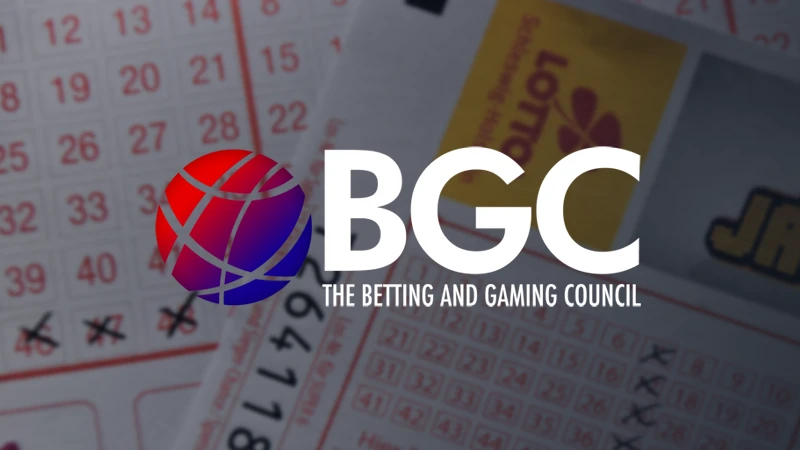BGC wants statutory 1% levy applied to National Lottery

The government’s 2023 White Paper proposed a range of alterations to existing regulations, which are generally geared towards protecting problem gamblers. These include an age-based mandatory stake limit on slots, affordability checks, and the introduction of a mandatory levy to generate funds for the “research, prevention and treatment [...] of gambling-related harm”.
From now until December, the discussions regarding the UK’s gambling legislation overhaul have turned their attention to the mandatory research, education and treatment (RET) levy. And now, the Betting and Gaming Council has weighed in on the matter.
What is the levy?
The existing levy system is a voluntary one which allows operators to pay as little as they like – some opting to make ineffective, token payments. With some operators making contributions as little as £1, it’s not surprising the current system has come under fire.
The proposed statutory levy is a mandatory payment that all licensed online casino operators in the UK would have to pay. It would likely be around 1% of gross gambling yield for online operators, and 0.4% for physical brick-and-mortar betting shops. The BGC has proposed that the levy also be applied to the National Lottery – and at the same 1% level as online casinos.
This levy, as proposed by the government’s White Paper, would generate approximately £100 million per year.
The Secretary of State for Culture, Media and Sport, Lucy Frazer, outlined the benefit of such a move:
“We are taking the next step in our plan to protect those most at risk of gambling harm, with a new levy on gambling operators to pay for treatment and research.”
Allocation of funds
If the levy should come into effect, the responsibility of distributing these funds will fall to the UKGC, who would then allocate them to the NHS and UK Research and Innovation, a non-departmental government agency.
The government’s stance is that, by giving large amounts of this cash to the NHS, new facilities can be opened around the country, and more treatment and support services can be provided to people affected by gambling-related harm.
Meanwhile, by funding research through the UKRI, it is intended that new preventative measures can be developed, protecting at-risk and problem gamblers.
However, in the ongoing consultations, valid concerns about where the funds should be spent, and particularly their effectiveness when given directly to the NHS, are likely to be voiced.
Some may argue that, if given straight to the NHS, a substantial portion of these funds may simply be absorbed by operational, managerial and administrative costs, rather than going to help individuals impacted by gambling harm.
The BGC’s response
A spokesperson for the Betting and Gaming Council (BGC) gave a brief statement in support of the levy’s introduction, going even further by stating that it should apply to a wider range of operators.
“We believe it should apply to all operators including the National Lottery, without affecting good causes, who are not immune to having problem gamblers gamble with their products like scratch cards and instant win games.”
The National Lottery generates significant revenue, and is not exempt from attracting problem gamblers.
Furthermore, the BGC expressed its stance on the allocation of levy funds, insisting that measures be put in place to ensure they are responsibly distributed “to charities and organisations delivering genuine RET services to ensure long-term, sustainable funding”.
What to expect
Consultation regarding the mandatory levy is ongoing, with discussions running until mid-December. There’s no way to know for certain what the end result will be, but it’s safe to assume that a mandatory of some kind levy is likely to be put into place.
Prior to the ongoing discussions, Stuart Andrew, the Parliamentary Under Secretary for Sport, Gambling and Civil Society, said: “Gambling firms should always pay their fair share. This new statutory levy will ensure that they are legally required to do just that.”
However, whilst the funds should obviously be applied where they can treat problem gamblers most effectively, surprisingly little discussion appears to have been had regarding exactly where this is. It remains to be seen what the consultations will yield in this respect.
